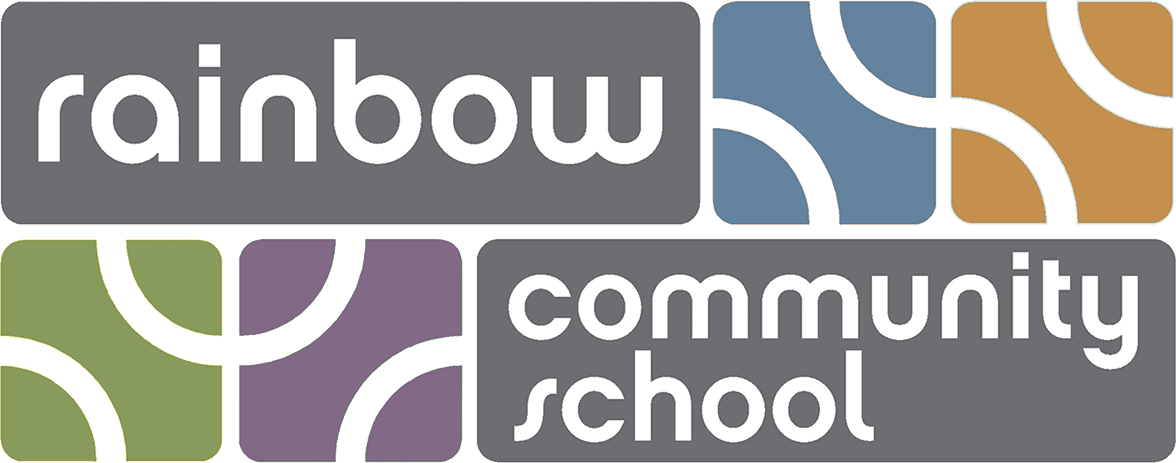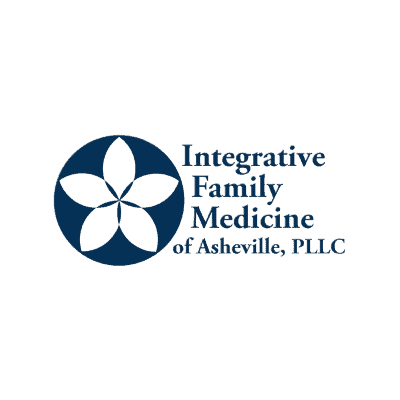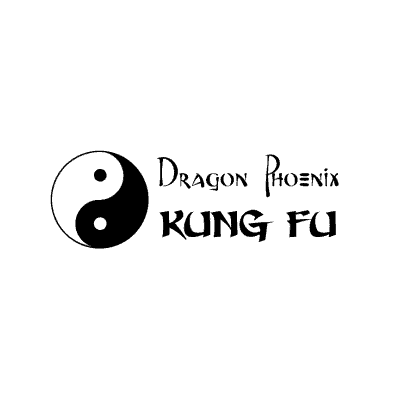
Spirituality in the Classroom
In this day and age, it is sometimes easy to find ourselves tip-toeing around the subject of spirituality, particularly when it relates to the classroom. After all, we reside in a country founded by many who fled religious persecution, who passionately believed in spiritual freedom and whose ideals, since, have been maintained by a strict adherence to separation of church and state. So, taking into context our country’s history and a world that is still, today – feverishly, and relentlessly – waging wars over religious differences, it is not surprising that spirituality can sometimes be a difficult subject to broach.
However, it is not one that the October 7th Community Circle shied away from. The topic was “Spirituality in the Classroom†and could not have been more fitting as RMCS’s progressive holistic program supports the development of the whole child in all five domains: mental, emotional, moral/social, physical and spiritual. In fact, the founders of RMCS (three women with advanced degrees in education and child-development) were strong proponents of spiritual development that “supported the child’s recognition and communication of his or her own truth.â€
In arguably truth, or enlightenment, is one component of spirituality, but what else does it consist of? What, exactly, is spirituality? That was the initial question the Community Circle opened with, and we were each invited to share our own interpretation of the word. Some of the feedback included: “mindfulness,†“an exploration of self in relation to a greater whole†and “an appreciation for the gifts of the earth.†These were just a few of the interpretations put forward. But what struck me, in hearing all of them, was the underlining resonance of the word “inclusiveness.†Though I only heard the phrase actually mentioned once or twice that day, it is – without a doubt – the one I walked away with.
We may inhabit a world where all too often religion plays a divisive role, but the spirituality at RMCS is of another ilk altogether. It is one that is multi-cultural, multi-faith, and that celebrates the universal. It is one that unites – rather than divides – its community.
Take for example, centering. Centering plays a quiet, but essential, part in the curriculum at RMCS. From preschool onwards, children engage in this practice. They learn to appreciate it as a time to slow down, to find a still place within themselves, and to connect body and mind; to achieve, if you will, a certain mindfulness. Centering may be meditative in nature and, as such, a component of many religions but RMCS does not ascribe it to any one faith in particular. In fact, it is more inclined to relate it to the universal. Eddy Webb, the third-grade teacher, shared how he recently revisited the idea of centering at a field trip to Chimney Rock, “I reminded the children that the same forces that created that breathtaking landscape also creates each of our own, independent breaths.â€
Of course, gratitude is another theme that is touched upon repeatedly at RMCS. Not just for the big things, but the small, often overlooked ones that make up our daily existence. For example, Lauren Rosenfeld’s fifth grade class has become accustomed to observing a few moments of silence before lunch; not only to remember to appreciate the food that is before them, but also the work involved in getting it there.
“Children,†Executive Director, Renee Owen, said, “are constantly tapping into their spiritual domain, and learning the inter-connectiveness of the world they live in.†Renee also pointed out that, “sadly, so many schools seem to focus on shutting down children’s senses; in spite of the fact that studies increasingly show that greater intelligence comes when they’re stimulated.†This includes, of course, their spiritual sense. “I believe our greatest moments of genius come from divine inspiration,†offered Renee, and I immediately thought of the third grade’s Fairy Home project. A stone’s throw from where we were sitting, was an entire village perfectly crafted from natural materials: moss, sticks, stones. But looking beyond the raw materials, it was obvious that each small roof was raised – above all – by soaring imagination.
Perhaps it is imagination that also plays a key role in this fifth domain: the spiritual. In his article, “The Journey is Everythingâ€, John Shackleton, former Curriculum and Executive Director, writes, “RMCS is not a spiritual community in the formal way of an ashram, church, or temple, but rather a community of learning. One evidence of this,†he says, “is that we do allow room for challenges to old ways we have long followed, and especially of old forms we have long identified with our spirituality. We allow for the testing of, and dialogue about, old conclusions. Furthermore, we are not threatened as a community when voices challenge us to move toward new conclusions.â€
Imagination is the springboard for other ideas, and without it we would never be able to “move towards new conclusions.†Before we take a step, we must first imagine doing so. And it is, perhaps, this marriage of imagination and spirituality that creates such flexibility, such generous give that spirituality is able to not only peaceably exist in the RMCS curriculum, but to flourish there.
This year, Lauren Rosenfeld’s fifth grade class is studying the words of various spiritual masters. “These are usually written at a high level, so we often start by exploring the vocabulary in the lesson. We work together and untangle the less accessible language then put it into layperson’s terms so we can deduce the meaning,†Lauren says. Then they explore the lessons that lie in them – as well as how to incorporate them into their daily lives. One theme her class has touched upon this year is that of Forgiveness. Gandhi and Desomond Tutu – though of different religions – both believe strongly in offering forgiveness, even towards those who have perpetrated hateful and vitriolic acts. “The kids come to see,†said Lauren, “that they too have a flame in their heart that can be offered to someone who’s hurt them either physically, or emotionally.†They realize that if Gandhi and Tutu can be magnanimous in the face of such violence, then they can easily forgive someone snubbing them or taking something that isn’t theirs to take.
It is exactly this individual, and collective, approach that makes RMCS so unique. When the Community Circle Meeting closed that day it did so with several parents expressing their gratitude to the staff, and how fortunate they feel to be a part of the community. My son and I may be newcomers, but we have already seen enough to feel fortunate too. We appreciate a staff that is both gifted and committed. As well as a curriculum that includes the best that spirituality has to offer; a multi-cultural, multi-faith approach that looks towards the universal. One that both acknowledges – and celebrates – the small gifts each day has to offer.
Now, if only the rest of the world would follow.
Founded in 1977, Rainbow Mountain Children’s School offers a private, independent and alternative educational program for preschool through middle school-aged children that draws from the best in current educational thinking and holistic models of child development. It is recognized nationally as a leader in contemplative education.
Its progressive program supports the development of the whole child in five domains: mental, emotional, moral/social, physical and spiritual.
Marlo Bester-Sproul is a mother of a Rainbow Mountain Preschooler and writer and editor. You can reach her at www.writtenbird.com








